Head to Head: Windows 7 vs Windows Vista
In our latest head to head, Windows 7 faces its immediate predecessor, Windows Vista. Will Vista be able to mount any kind of challenge?
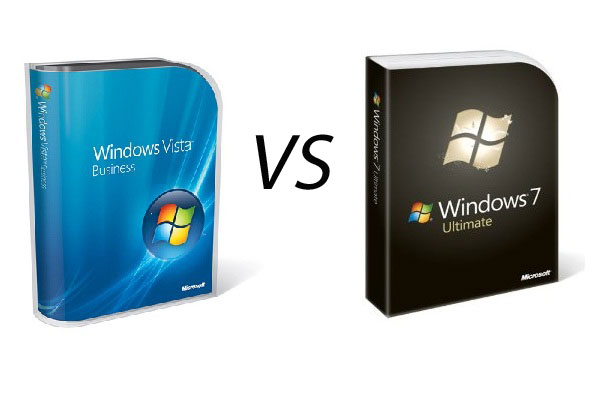

Security
When it comes to security, Microsoft has a rather patchy' reputation, if you'll excuse the pun. The improved UAC slider control in Windows 7 means that users will be less likely to feel like they have to turn it off, which should, in theory anyway, add a layer protection that might otherwise not have been there.
Windows Vista got brownie points for introducing BitLocker which added file level encryption to the operating system itself, which was a good move. Windows 7 took it a step further with BitLocker to Go bringing it to portable devices such as USB flash drives.
The Firewall in Windows 7 is also more flexible. You can use network profiles to offer different levels of blocking for incoming connections depending on whether you're at home, at work, or in public.
Most of the major work under the hood in terms of security was done in Windows Vista so it deserves recognition for that. It's just the over the hood visual stuff that made it all easier to use in Windows 7.
Neither has any built in anti-virus but after you install Window 7, it makes it easy to find a compatible free suite from a variety of vendors, while Microsoft itself has done a better job with its Security Essentials than it did with its Vista era OneCare suite.
Winner: Windows 7
Performance
Windows Vista's performance troubles have been well documented. The operating system required much more hardware than XP did and if you performed a straight upgrade without new hardware you were asking for trouble. 1GB of RAM became the new realistic minimum, but really you needed 2GB of RAM to stop Vista from being a pain in the proverbial.
Once the system was clogged start up and shut down times dropped behind that of XP and moving around Vista compared to XP always felt sluggish. The worst aspect though was file copying on Vista. On its initial release, many users complained of very poor performance when copying files from one location to another. For a basic function of the operating system this was a serious issue. It was particularly bad over networks which, as home and office networks developed, was far from ideal. Many downgraded or shunned Vista for this very reason.
Microsoft eventually addressed the file copying issue in Service Pack one, but for many the damage had already been done.
Windows 7 fortunately does not suffer from any bizarre basic quirks such as this and also benefits from the fact that hardware has become more powerful and more affordable since Vista was released. What Microsoft has to take credit for is making Windows 7 even lighter on its feet that Windows Vista, which is the first time Microsoft has ever managed to achieve this with a new operating system.
Upgrading from Vista to Windows 7 with no hardware changes will provide the same or possibly better experience, particularly if you perform a clean install. It's even comfortable on low-power netbooks.
Windows 7 also enjoys better startup and shutdown times thanks to minor low-level tweaking, and though it's only a minor improvement this sort of enhanced responsiveness is always welcome.
More intelligent power management also means you can eke out more battery life from your laptop or netbook - another great productivity boon.
Winner: Windows 7
Get the ITPro daily newsletter
Sign up today and you will receive a free copy of our Future Focus 2025 report - the leading guidance on AI, cybersecurity and other IT challenges as per 700+ senior executives
Benny Har-Even is a twenty-year stalwart of technology journalism who is passionate about all areas of the industry, but telecoms and mobile and home entertainment are among his chief interests. He has written for many of the leading tech publications in the UK, such as PC Pro and Wired, and previously held the position of technology editor at ITPro before regularly contributing as a freelancer.
Known affectionately as a ‘geek’ to his friends, his passion has seen him land opportunities to speak about technology on BBC television broadcasts, as well as a number of speaking engagements at industry events.
-
 Asus ZenScreen Fold OLED MQ17QH review
Asus ZenScreen Fold OLED MQ17QH reviewReviews A stunning foldable 17.3in OLED display – but it's too expensive to be anything more than a thrilling tech demo
By Sasha Muller
-
 How the UK MoJ achieved secure networks for prisons and offices with Palo Alto Networks
How the UK MoJ achieved secure networks for prisons and offices with Palo Alto NetworksCase study Adopting zero trust is a necessity when your own users are trying to launch cyber attacks
By Rory Bathgate
-
 Microsoft angers admins as April Patch Tuesday delivers password feature without migration guidance
Microsoft angers admins as April Patch Tuesday delivers password feature without migration guidanceNews Security fixes include a zero day exploited by a ransomware group and seven critical flaws
By Connor Jones
-
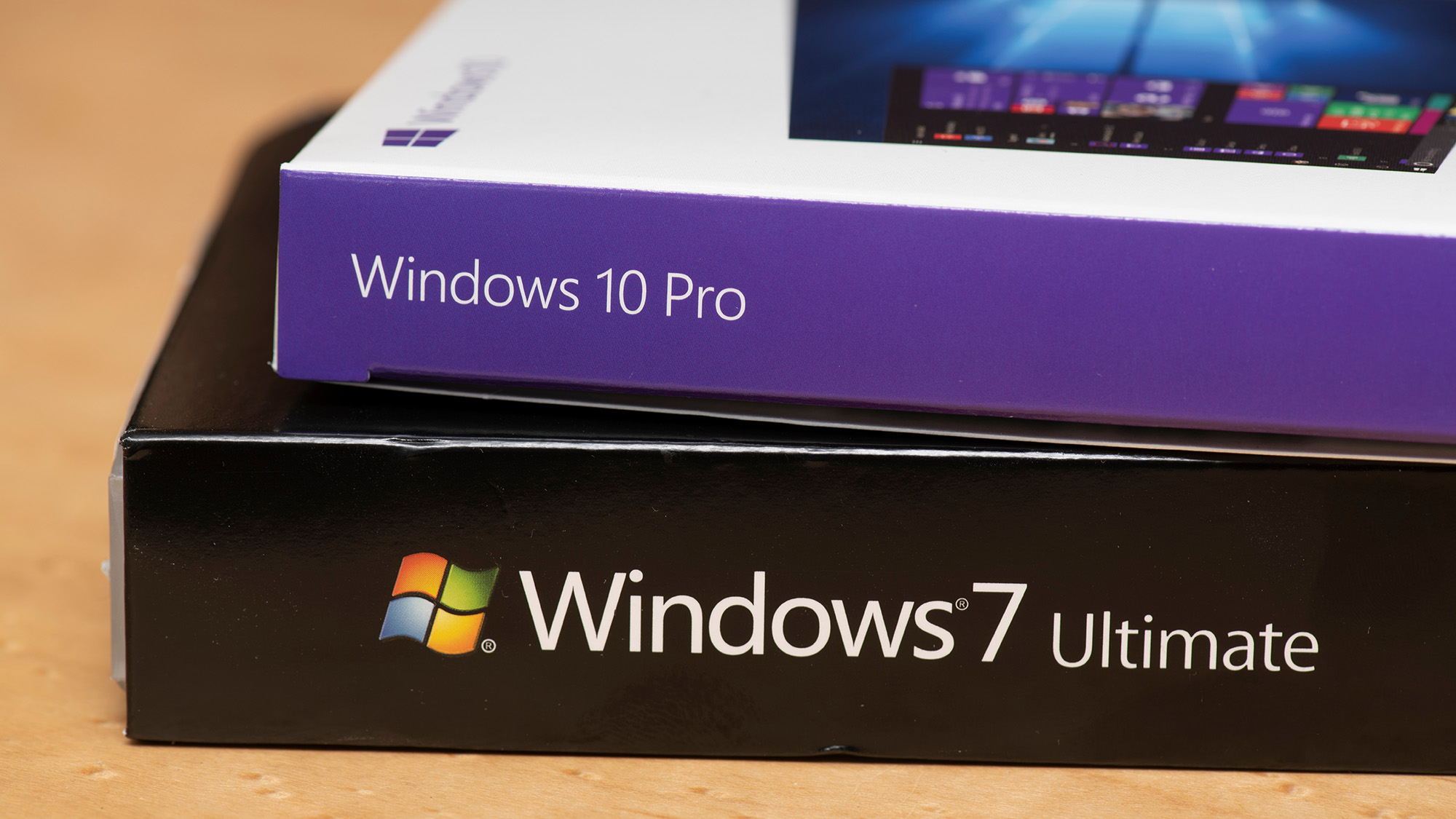 Managing a late migration
Managing a late migrationOpinion When it comes to moving from Windows 7 to Windows 10, it's better late than never
By Jon Honeyball
-
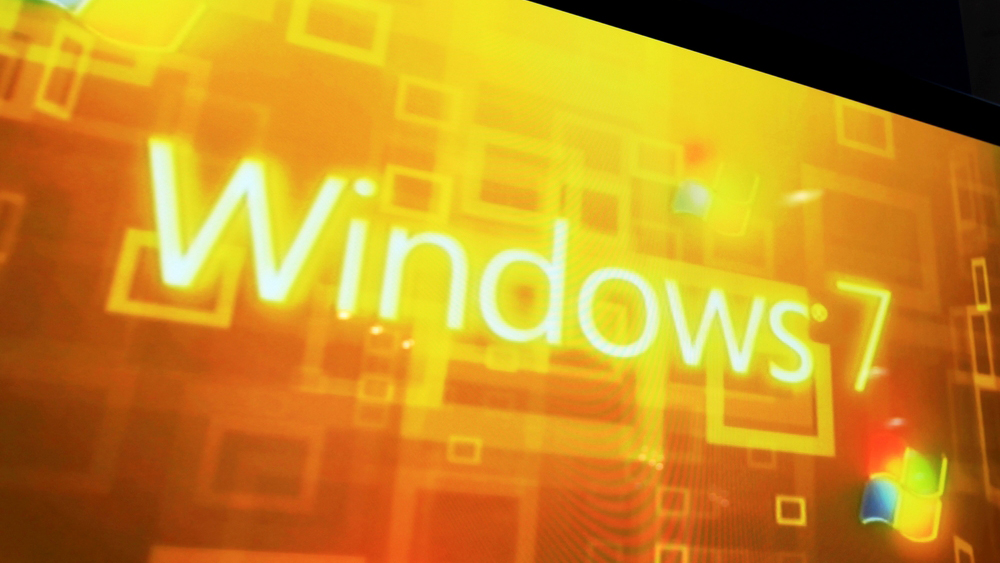 How to set up a Windows 7 emulator for Windows 10
How to set up a Windows 7 emulator for Windows 10Tutorials A complete guide for setting up a Windows 7 emulator for Windows 10 so you don’t lose access to your apps
By Nik Rawlinson
-
 The autopsy of Windows 7
The autopsy of Windows 7In-depth Report of a postmortem examination
By Chris Merriman
-
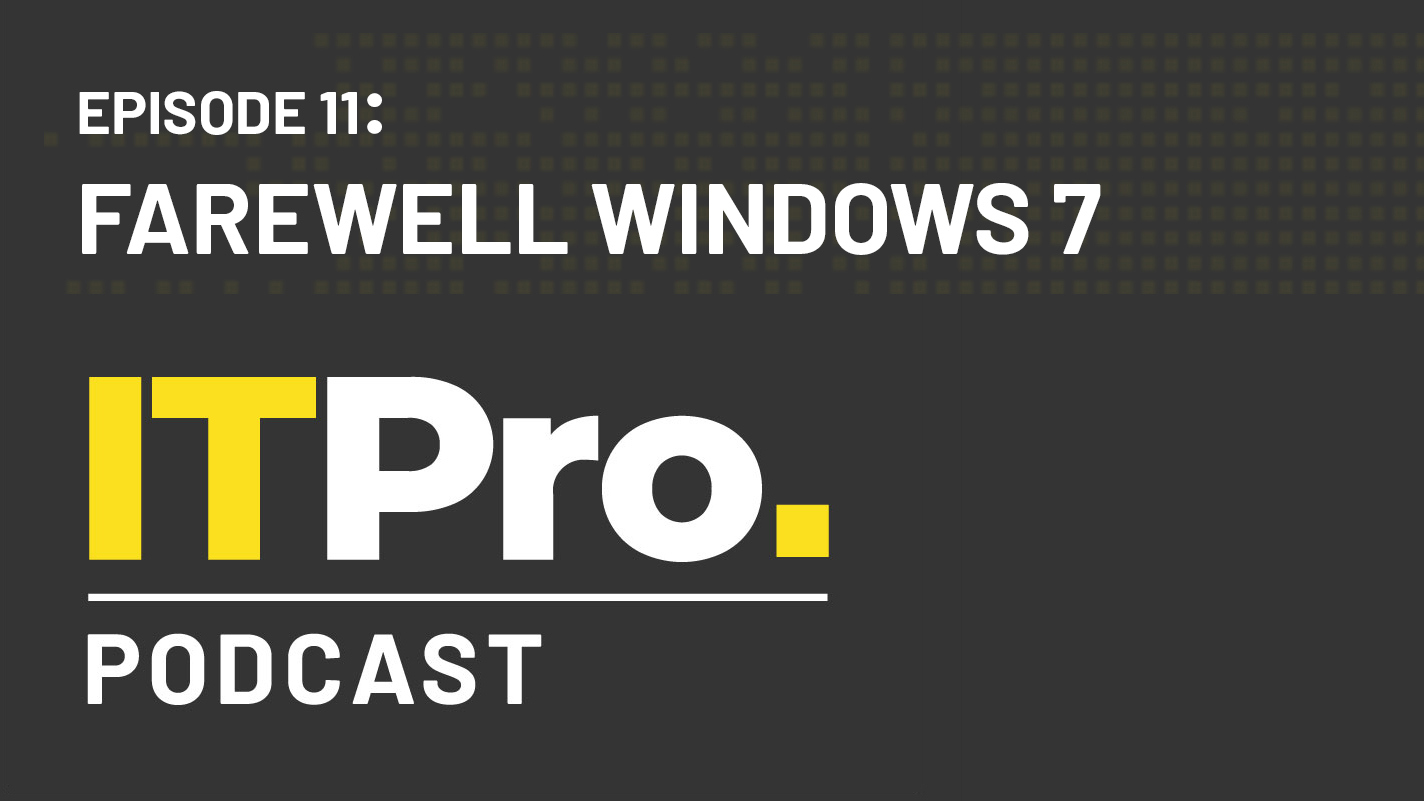 The IT Pro Podcast: Farewell Windows 7
The IT Pro Podcast: Farewell Windows 7IT Pro Podcast We reflect on the legacy of one of Microsoft's most enduringly popular operating systems
By IT Pro
-
 Windows 7 ends: what do you do next?
Windows 7 ends: what do you do next?In-depth From SMBs to big business and individuals, after 10 years it's time to move on from Windows 7
By Jon Honeyball
-
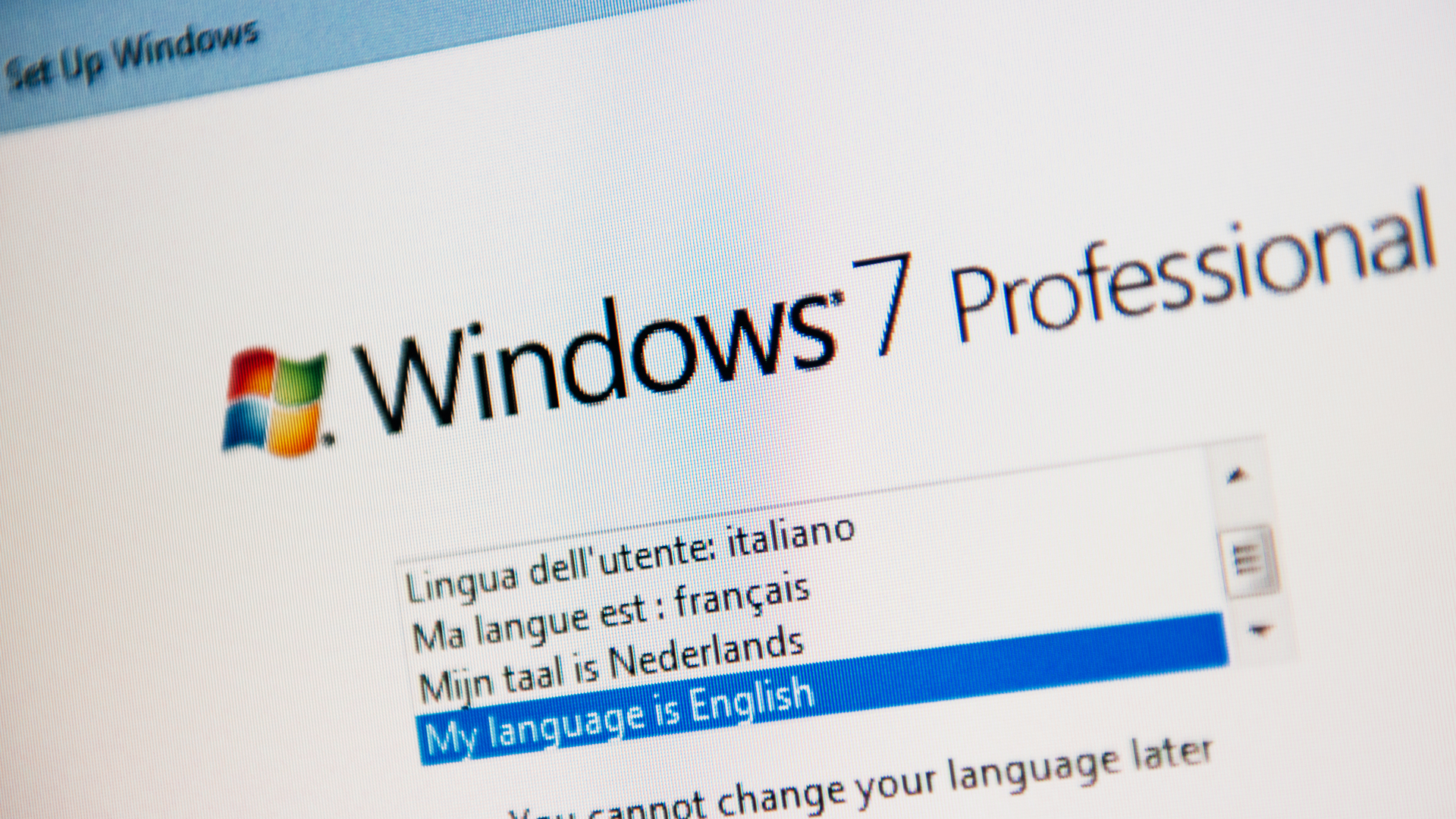 Windows 7 end of life: What to do if you haven't upgraded yet
Windows 7 end of life: What to do if you haven't upgraded yetIn-depth Microsoft has now officially moved Windows 7 to end of life, meaning it's no longer a viable business platform
By Dale Walker
-
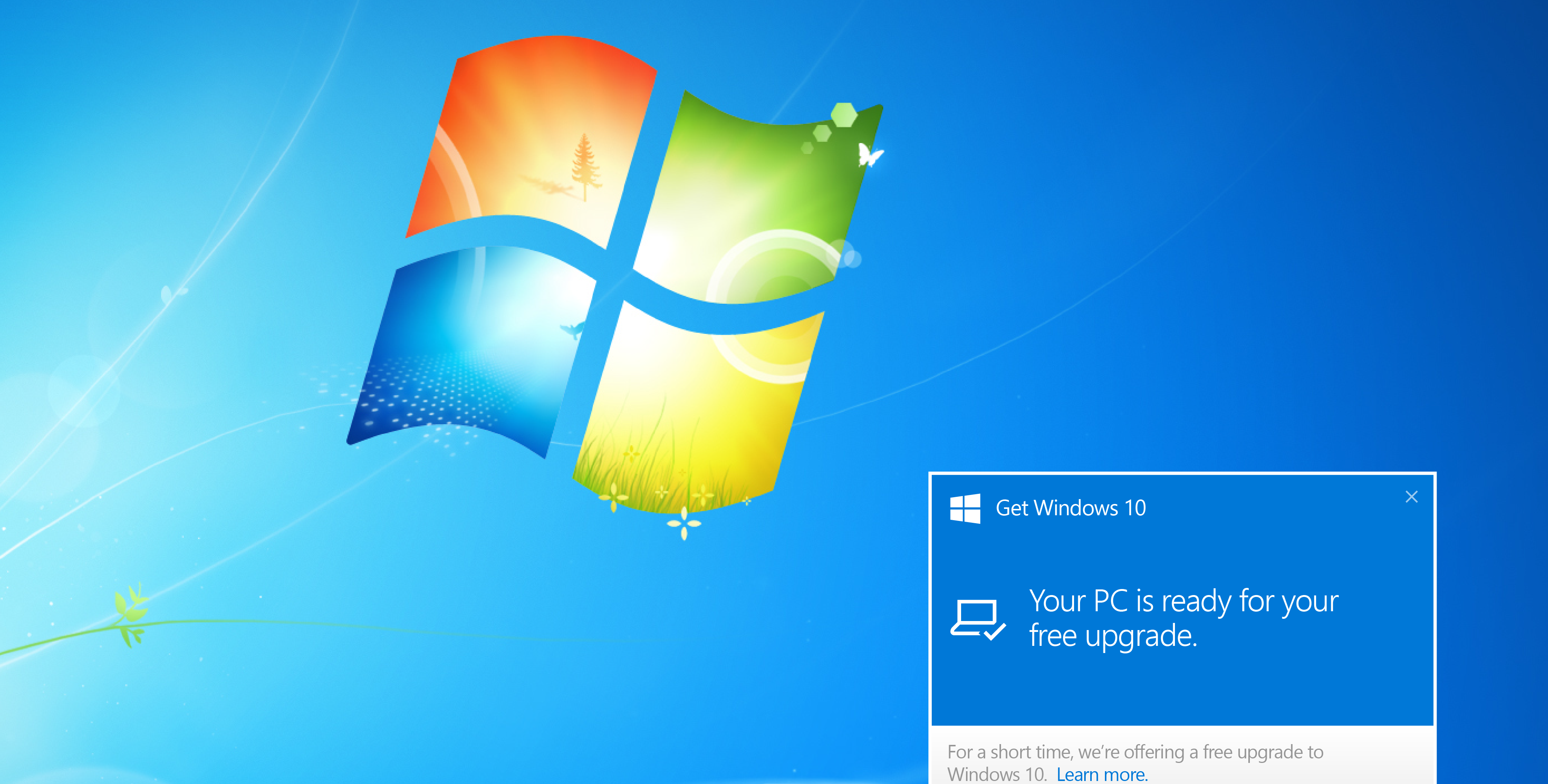 Windows 10 vs Windows 8.1 vs Windows 7 - Microsoft OS head-to-head
Windows 10 vs Windows 8.1 vs Windows 7 - Microsoft OS head-to-headVs We pit Microsoft's most popular operating systems against each other to see which is the greatest of all time
By Mike Passingham